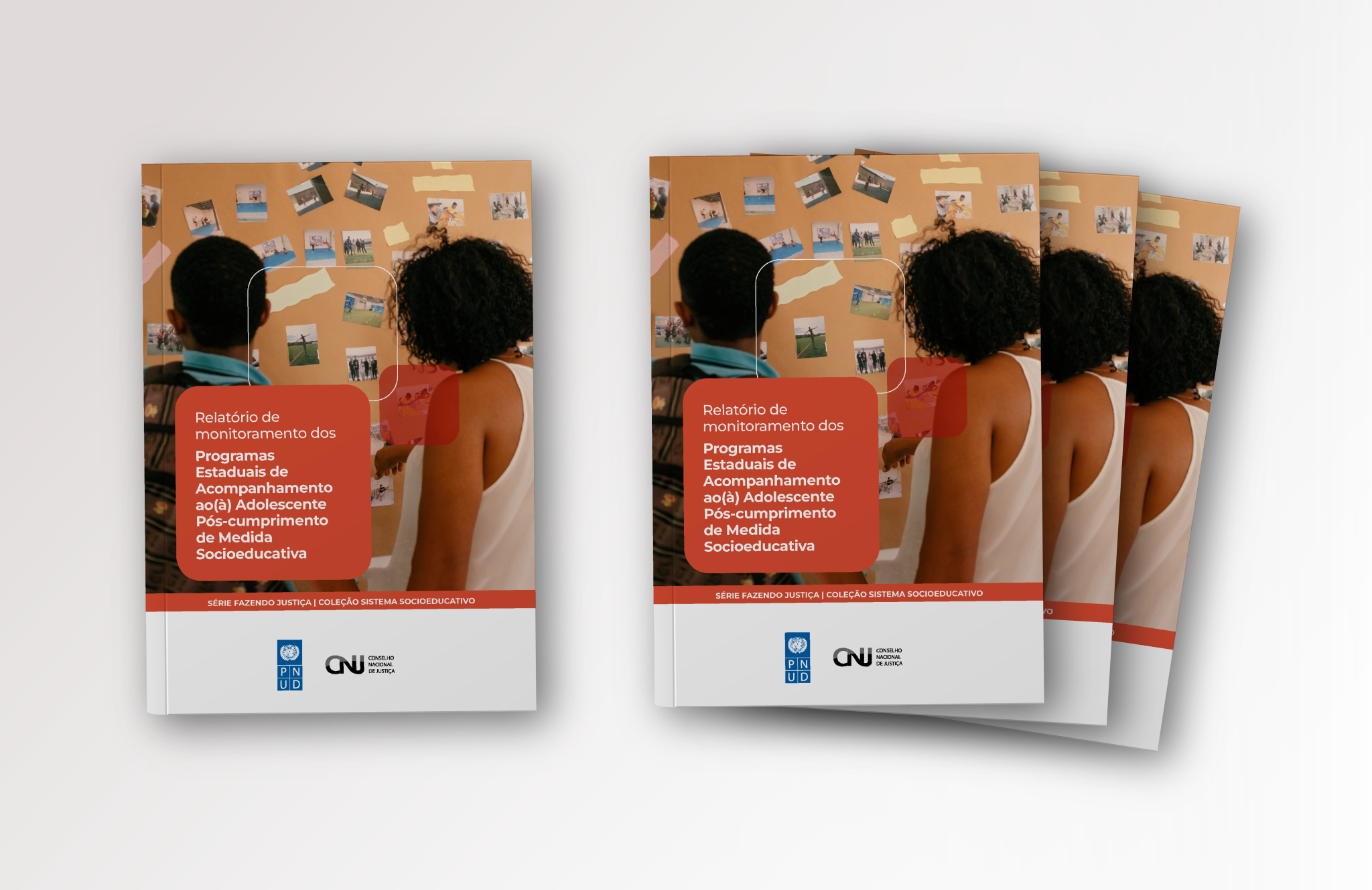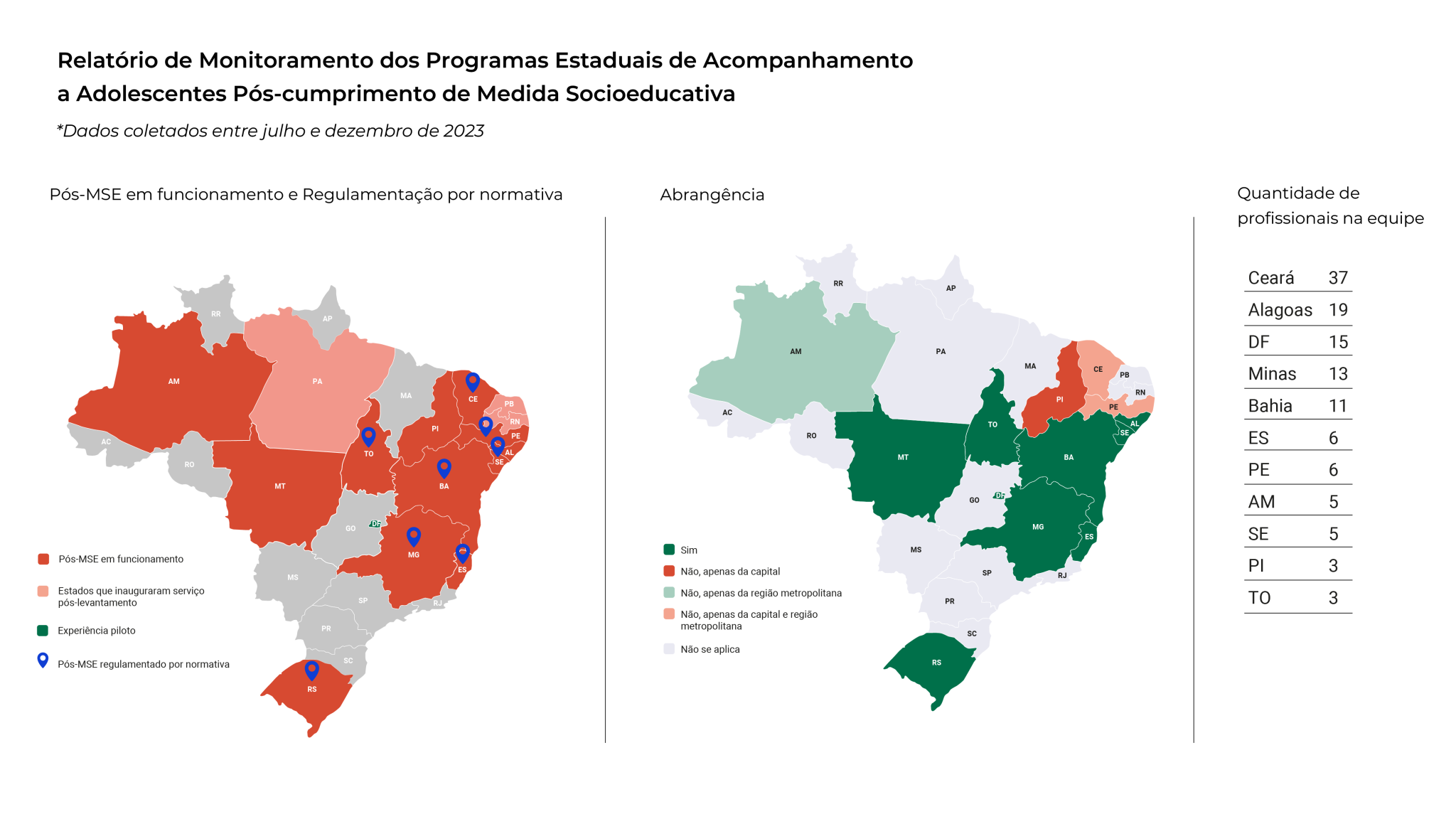
A decisive step to ensure that adolescents in compliance with socio-educational measures can resume their life projects with dignity and support. This is the purpose of the Post-Educational Measure Monitoring Program (Pós-MSE), a national public policy promoted by the National Council of Justice (CNJ) with support from the Making Justice program.
In the state of Tocantins, the initiative is already a reality. The State is among the seven that have regulated the program through state regulations, according to the Monitoring Report of Post-MSE State Programs, released this week by the CNJ. The research shows that, although fifteen units of the Federation report some form of monitoring, only seven have formalized the policy on a legal basis - among them, Tocantins.
The data reinforces the institutional commitment of the Judiciary of the state of Tocantins and the managing bodies of the socio-educational system with the integral protection of youth. The state policy aims to ensure, on a voluntary basis, access to rights and the network of public services to adolescents after the shutdown of the hospitalization units or semiliberty.
Welcome, protect and guarantee rights
In the Post-MSE, the focus is no longer on judicial accountability, but on listening, care and support. The program articulates public policies in different areas, such as Education, Health, Culture, Work, Sport and Social Assistance, to strengthen family and community ties and support the new life cycle of the young person.
The report of the CNJ points out that most of the programs in operation were created from 2019, a period in which the Council intensified its efforts to induce public policies aimed at the post-measure public. The consolidation of these actions is considered strategic to interrupt cycles of vulnerability, exclusion and recidivism.
Despite the advances, the survey also identifies common obstacles to States, such as the lack of technical teams, the concentration of actions in capitals and the absence of activities aimed directly at families, an essential element for the social reintegration of adolescents.

The post-measure monitoring policy integrates the guidelines of the National Socio-Educational Care System (SINASE) since 2006 and it has a legal basis in the Federal Law no 12.594, of 2012. The CNJ also published the Guide for Post-MSE Programs (2020-2021), aimed at guiding state and municipal managers.
The report recognizes that the success of the policy requires the involvement of multiple actors: Courts of Justice, State Prosecutions, Ombudsmen, Rights Councils, Local Executive and civil society.




